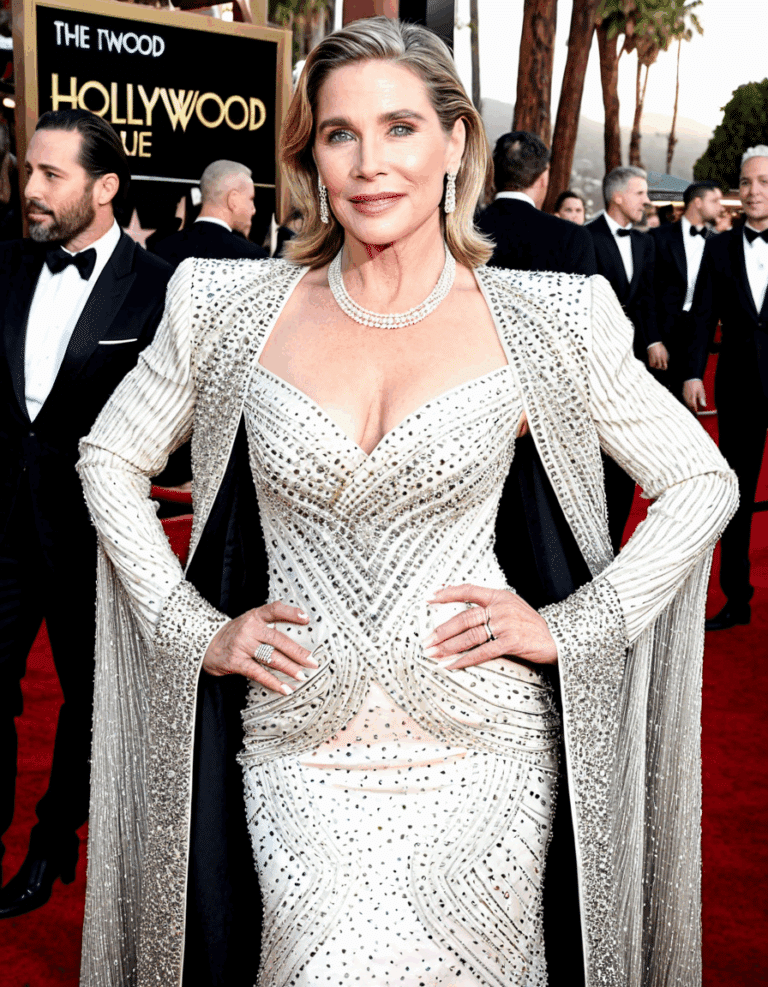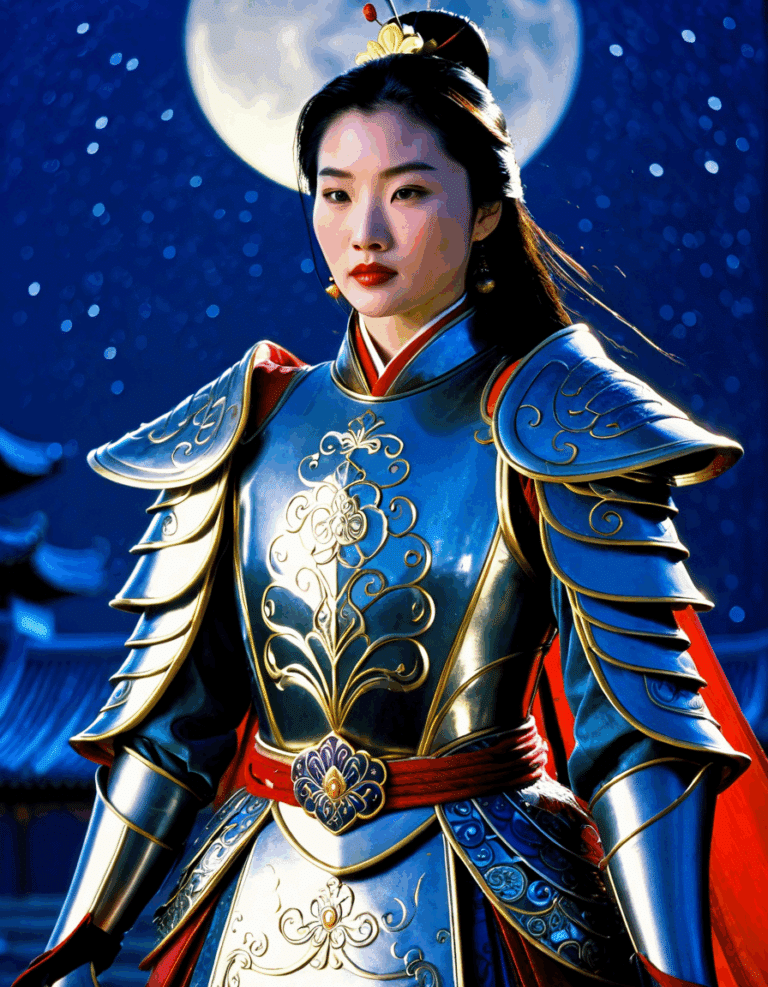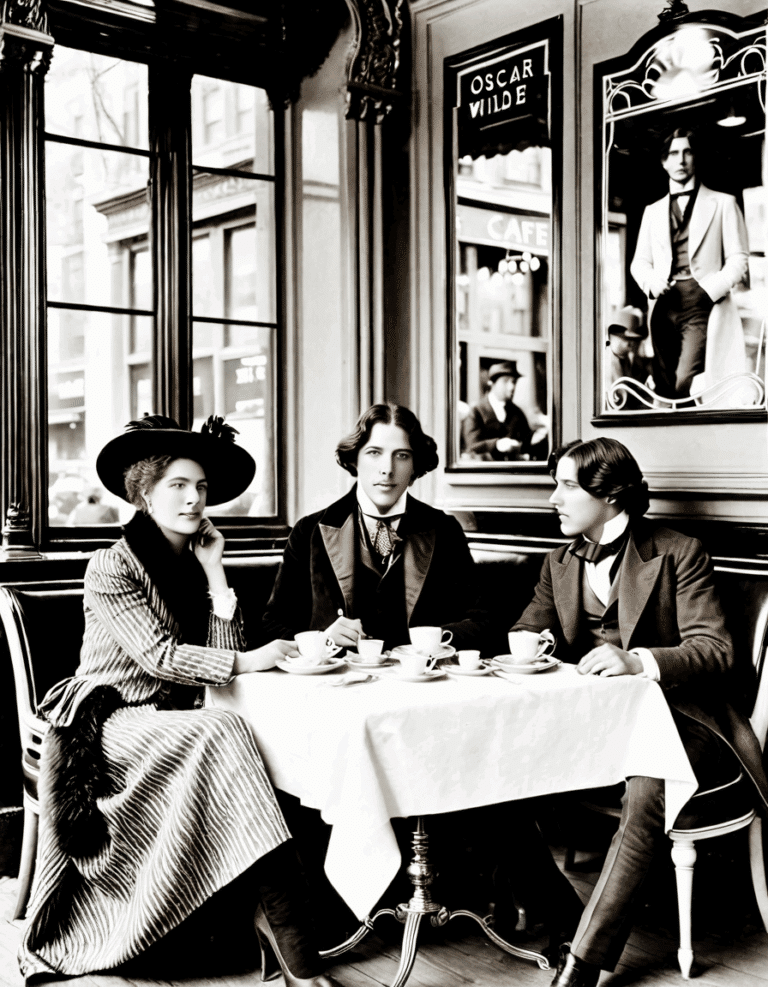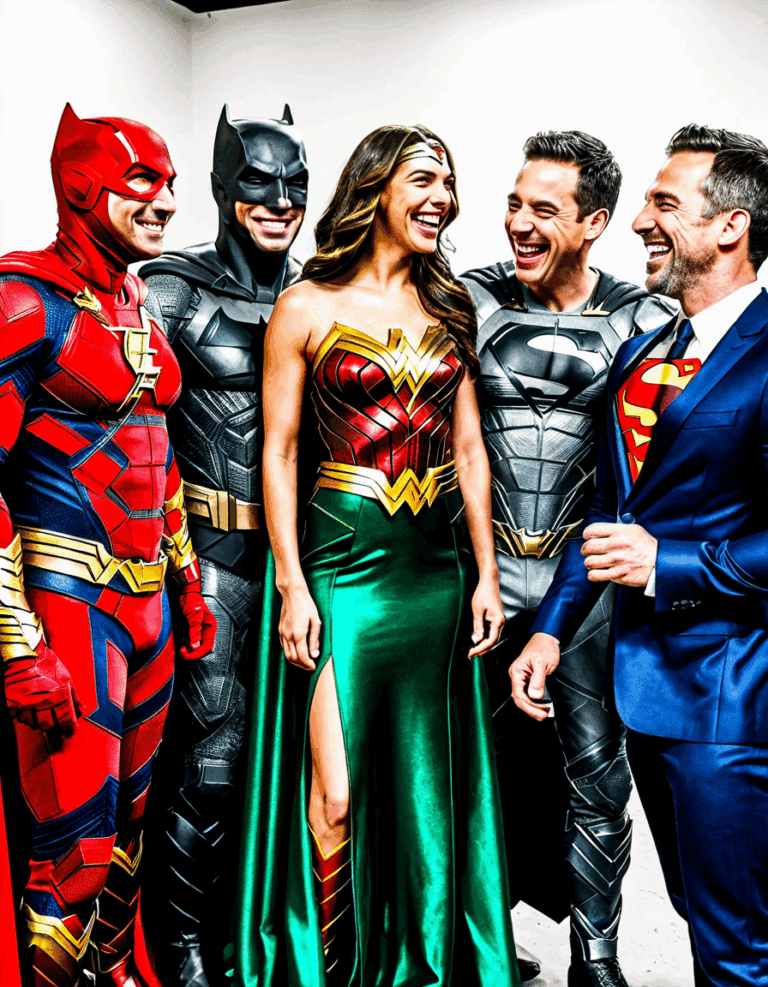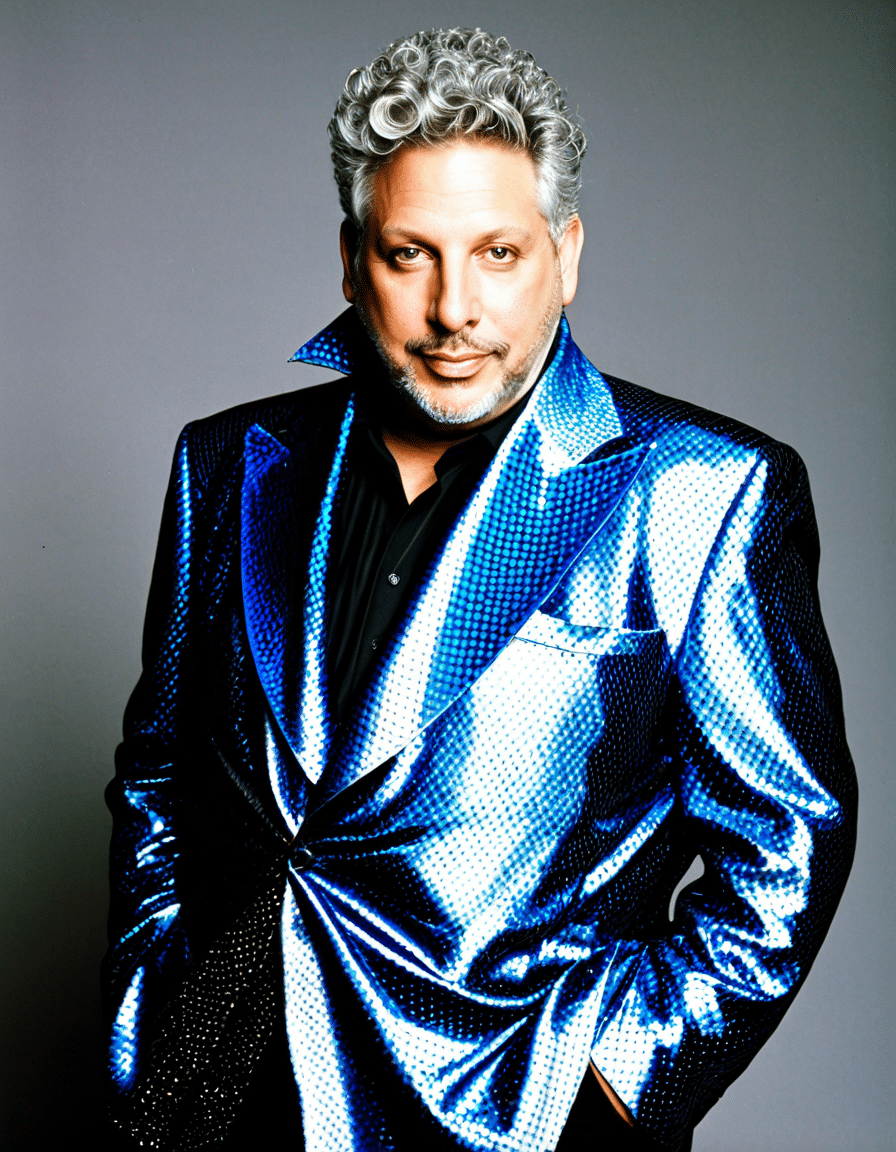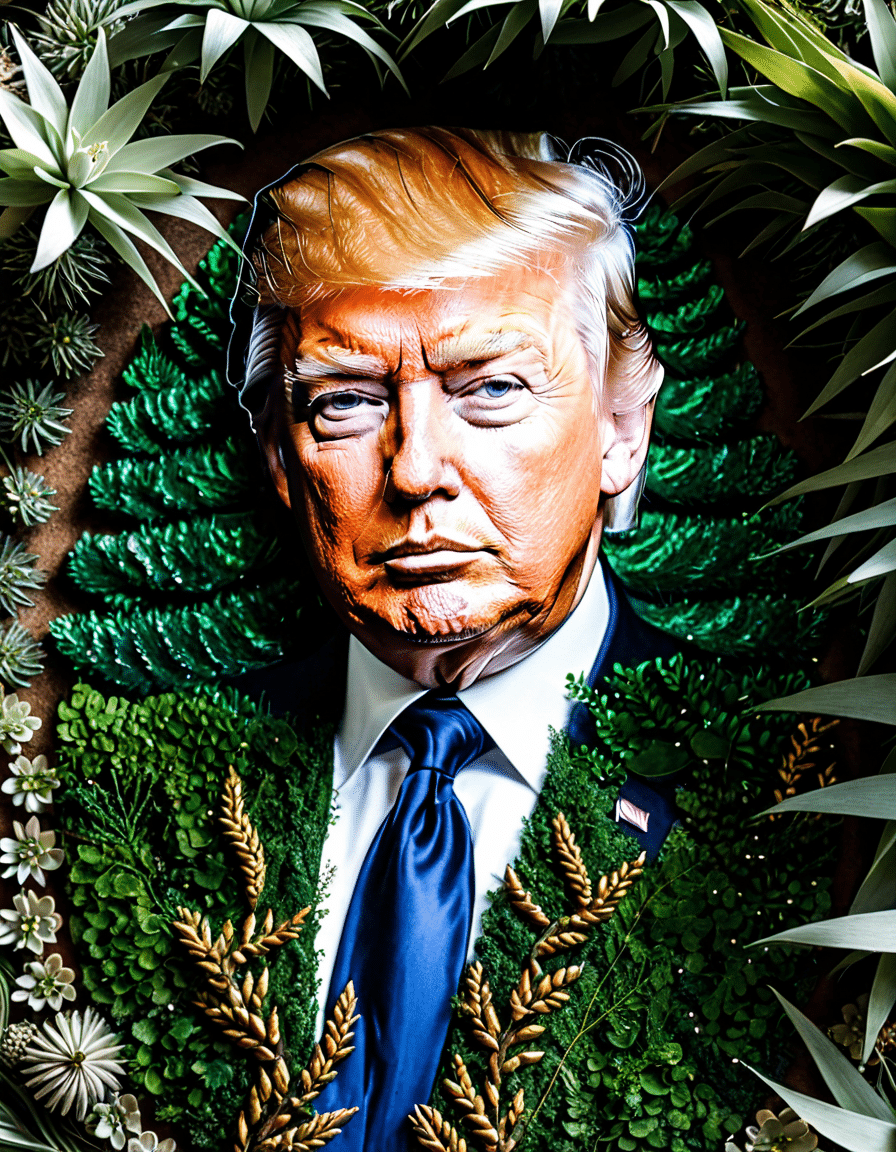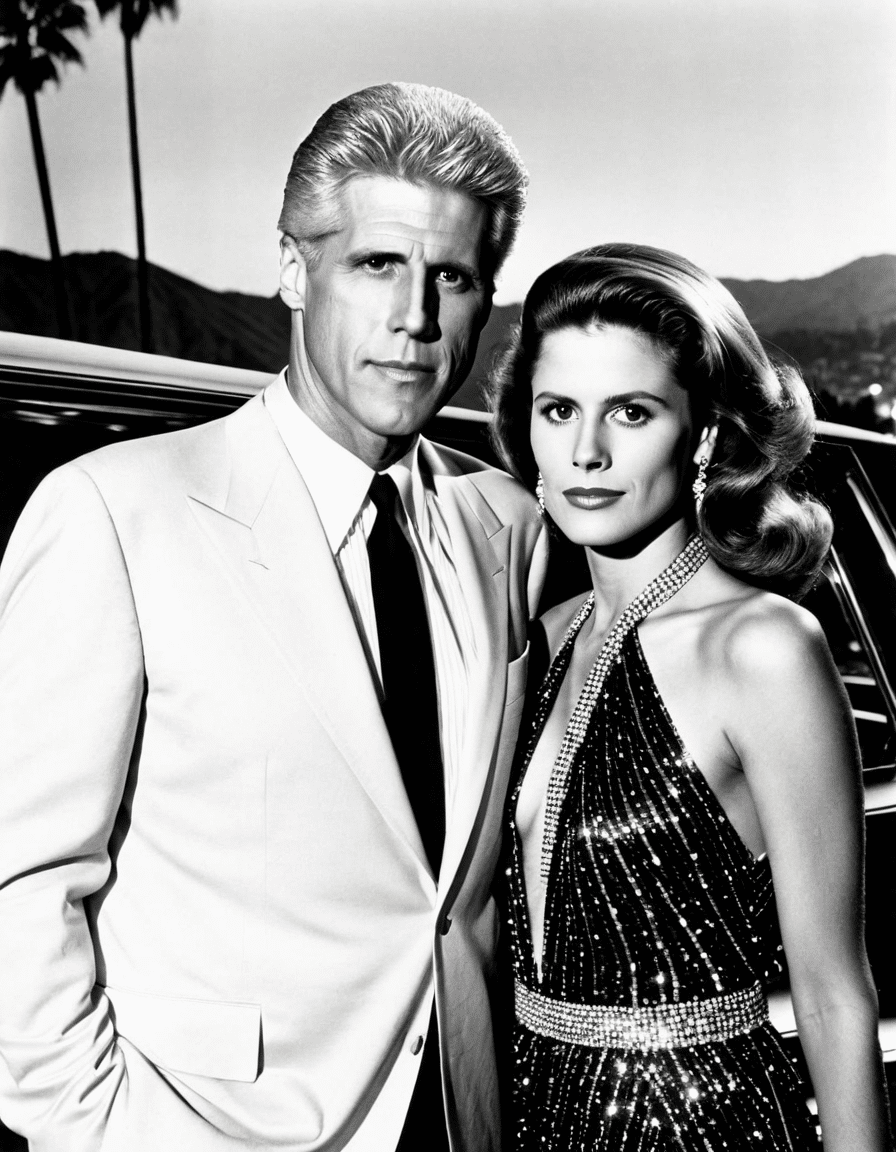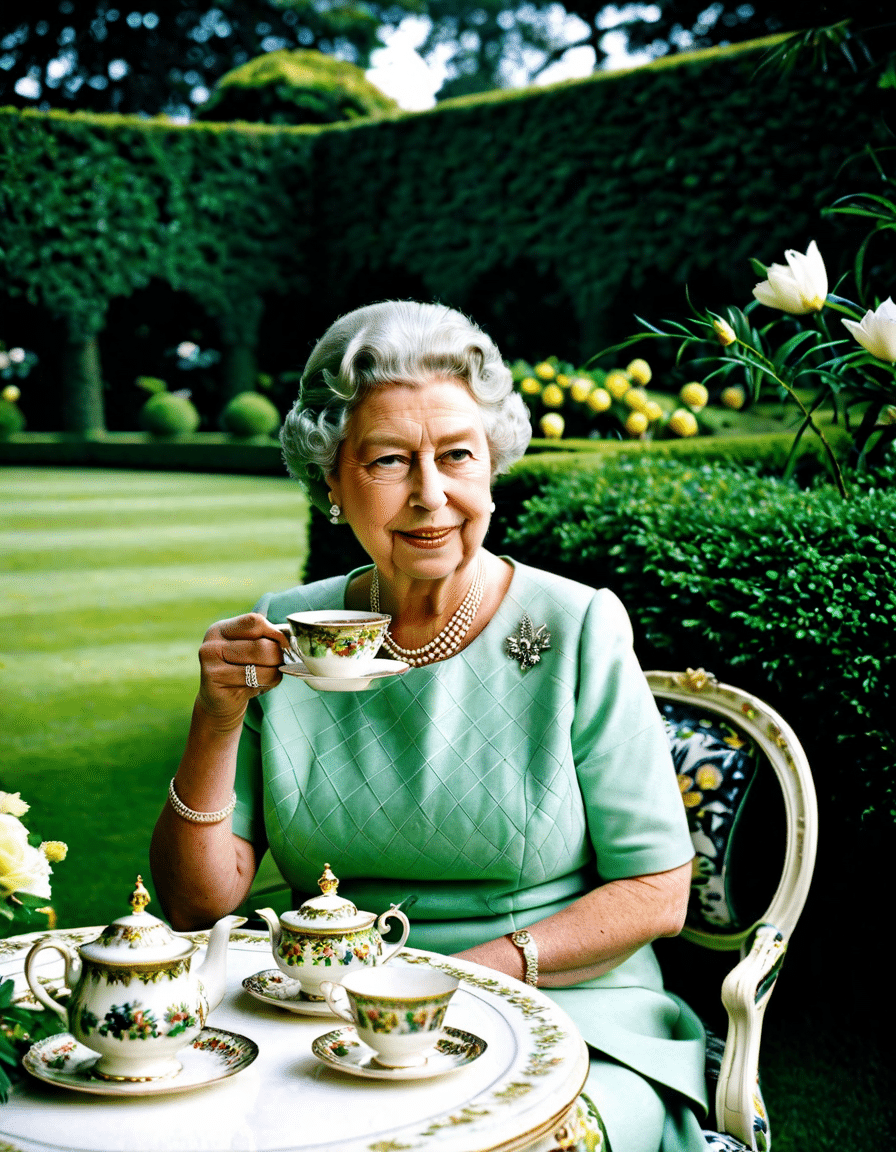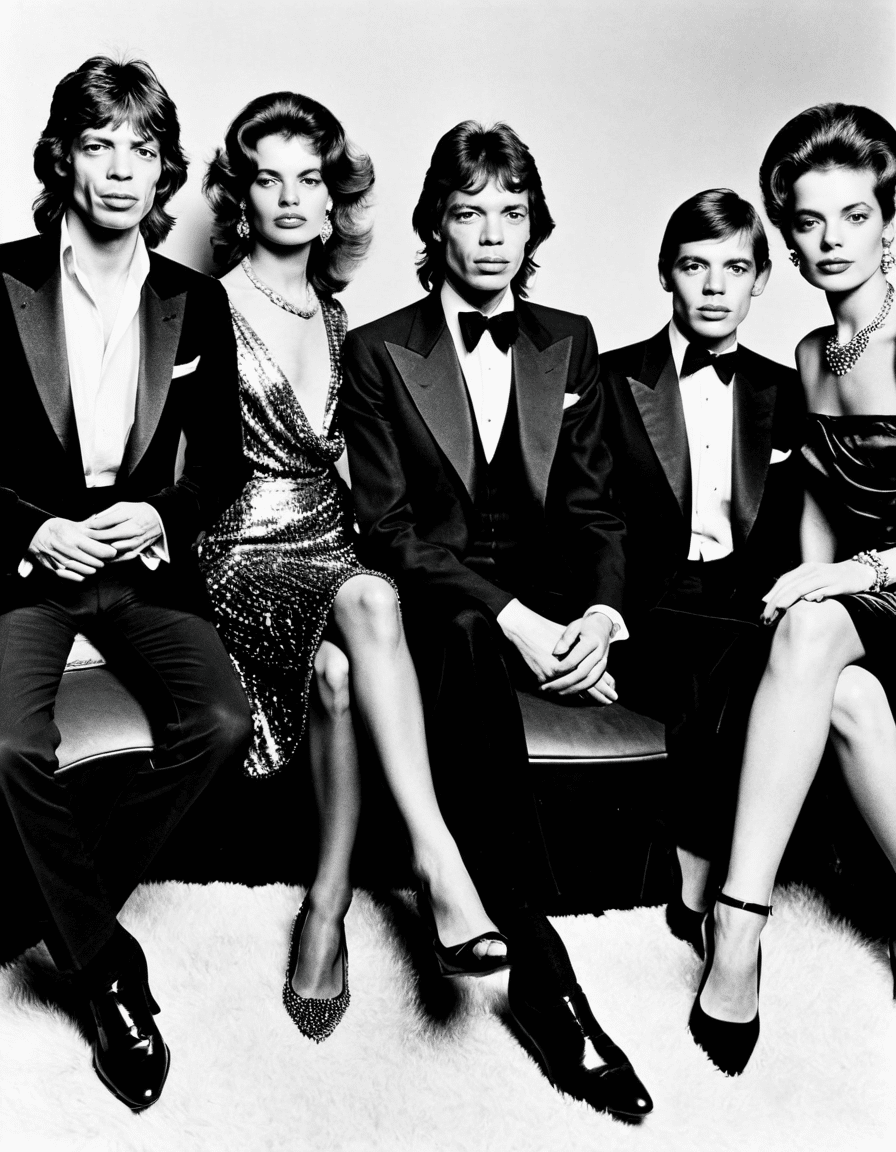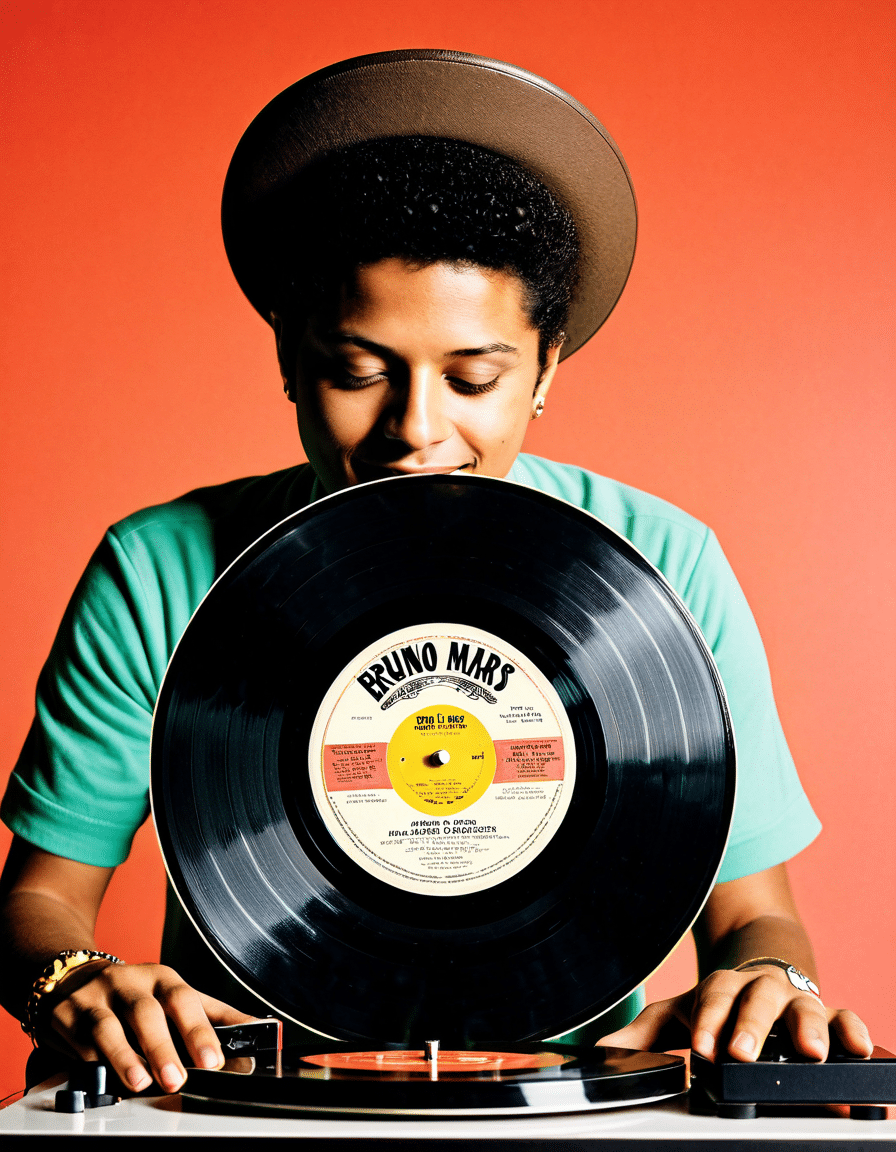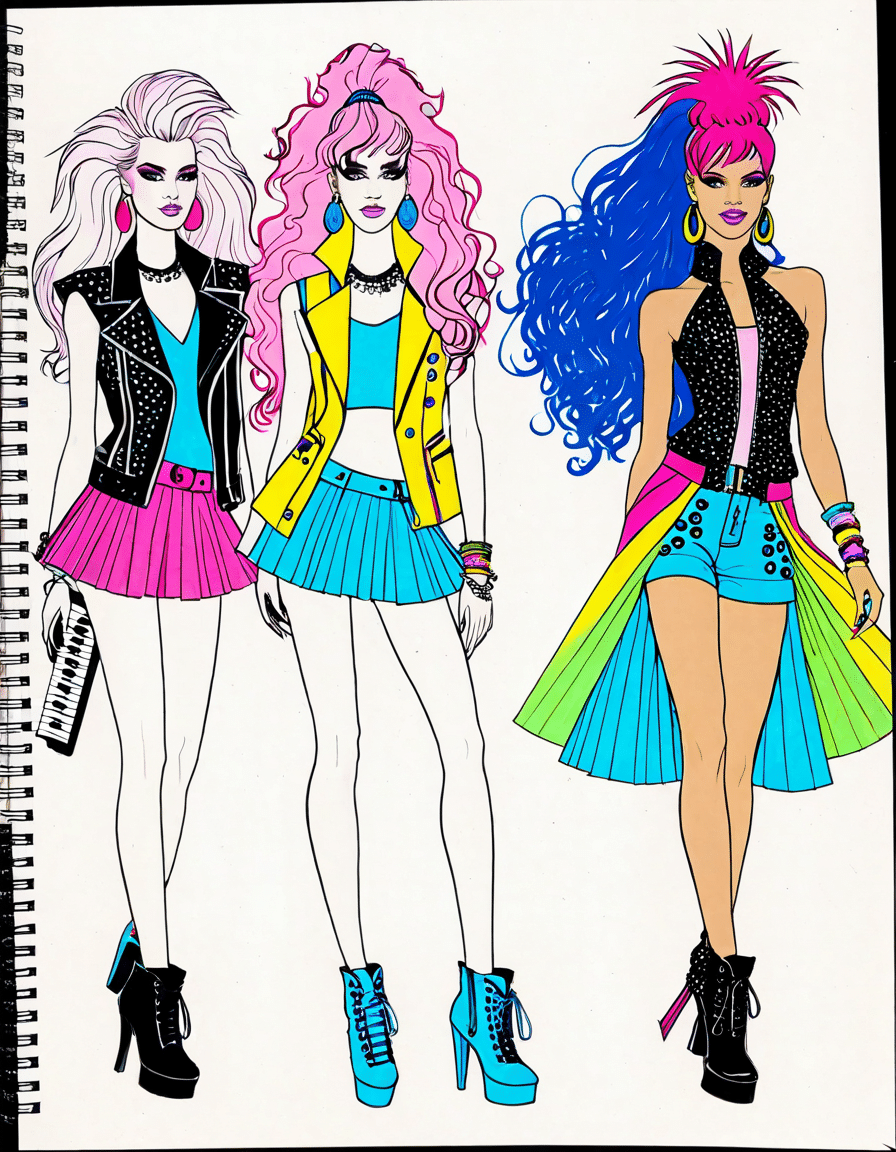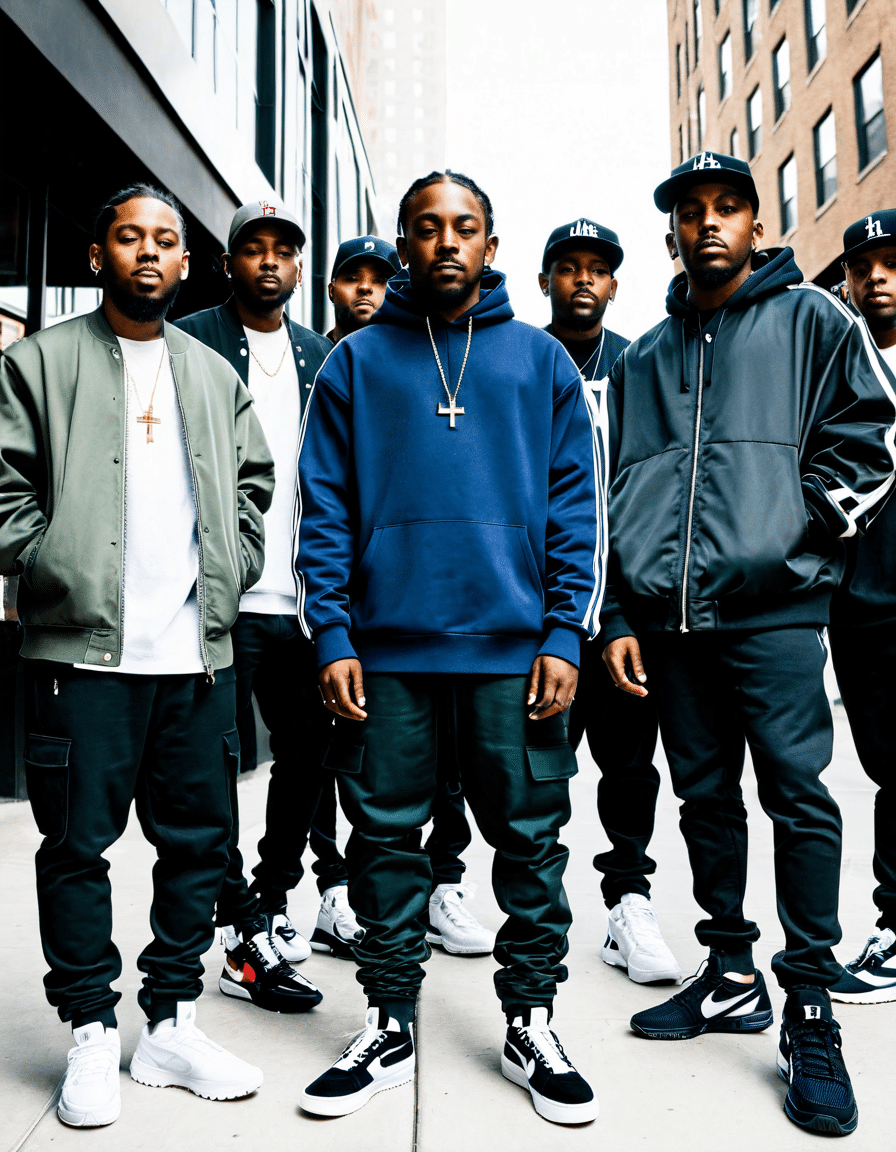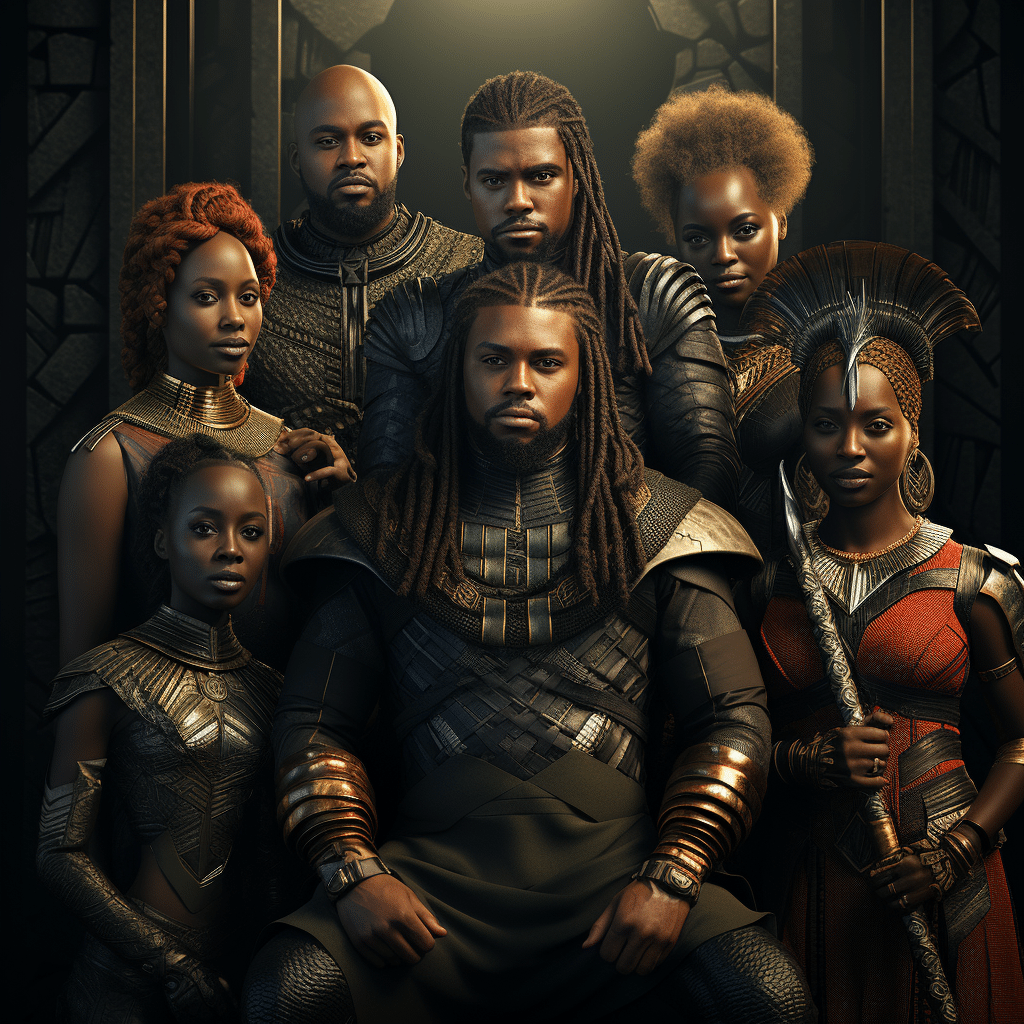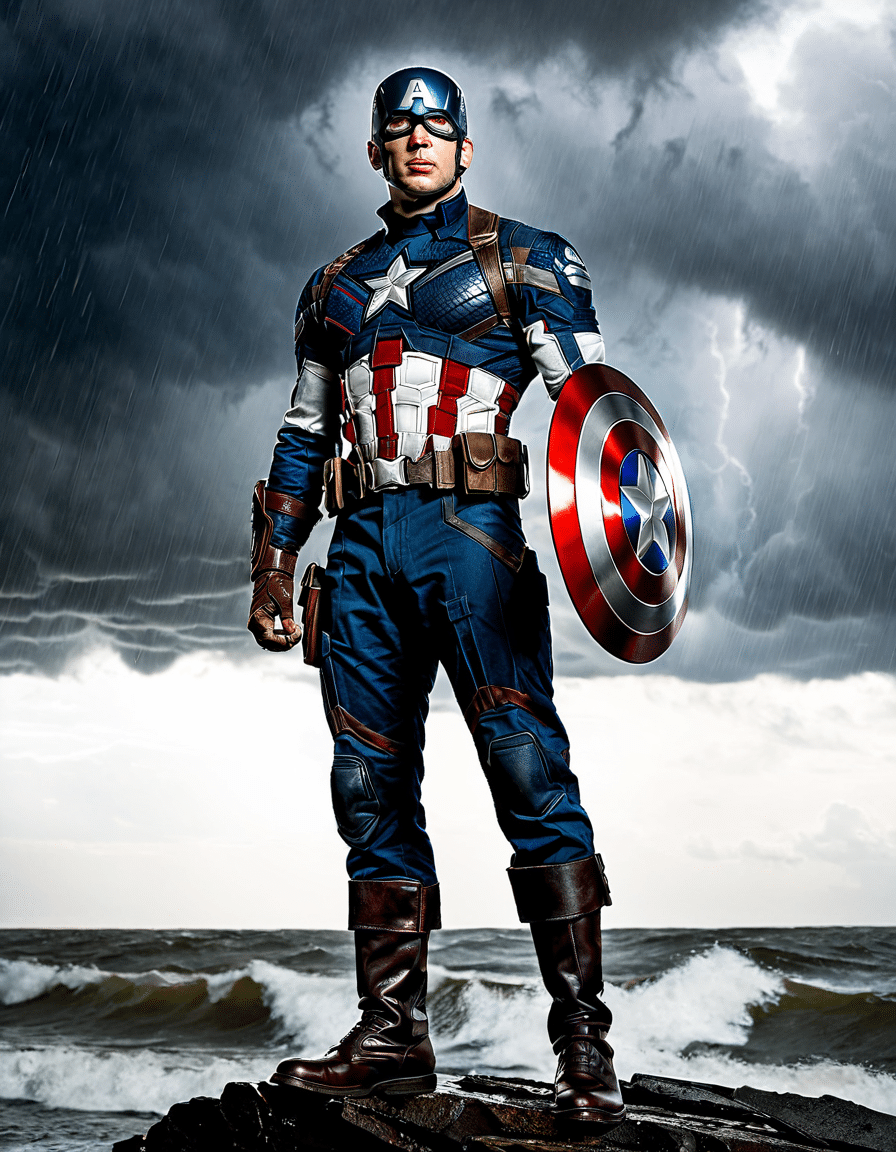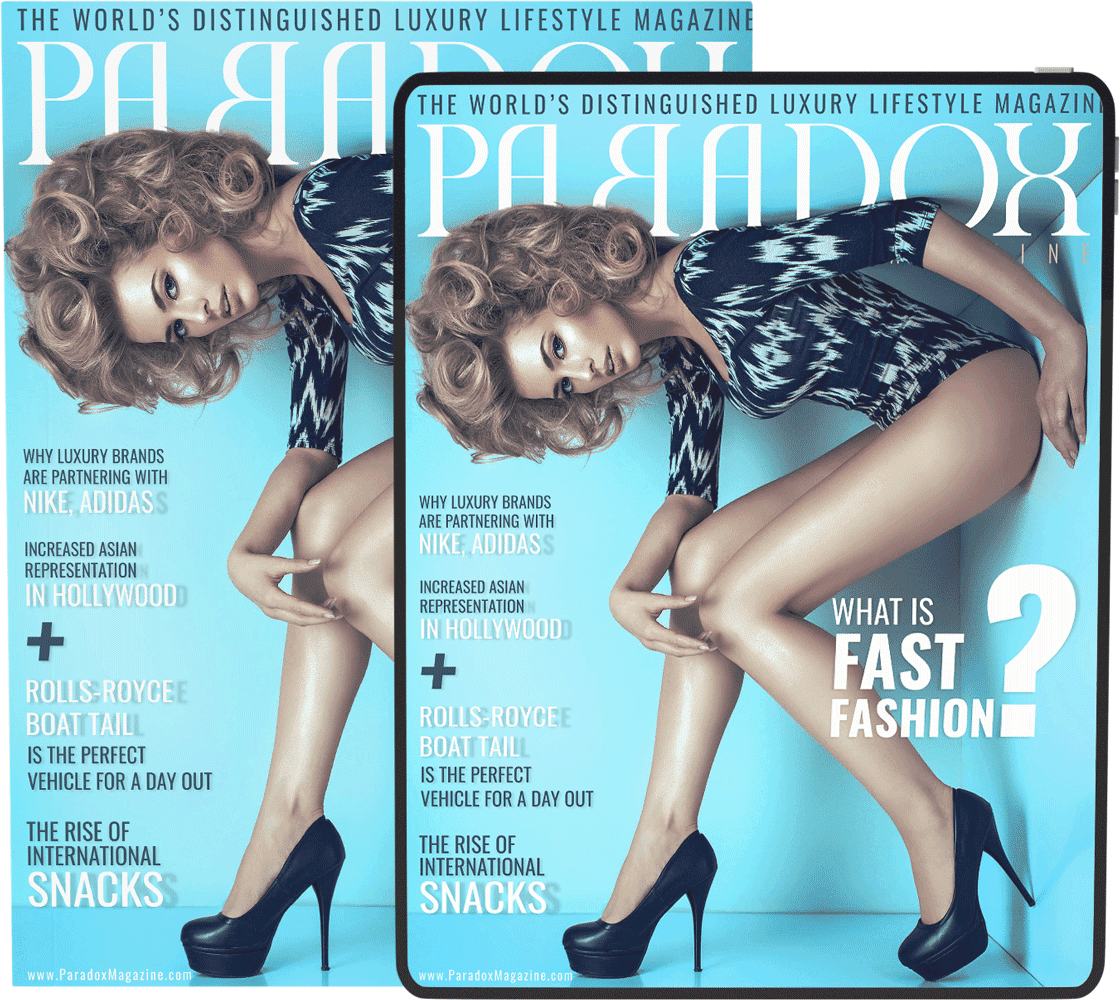Harvey Fierstein is a cultural titan whose influence transcends the theater stage and spills into the realm of activism. With his robust, gravelly voice that resonates with passion and sincerity, Fierstein has carved a distinctive path that resonates with audiences and advocates for the LGBTQ+ community. In the fashion-forward arena of entertainment and beyond, it’s critical to recognize how his groundbreaking contributions have shaped the arts and made a lasting impact on social advocacy. So, let’s dive into the vibrant tapestry of Harvey Fierstein’s illustrious career, exploring how he’s not just a name but also a force in societal transformation and an unexpected kindred spirit to artists like Ezra Koenig of Vampire Weekend.
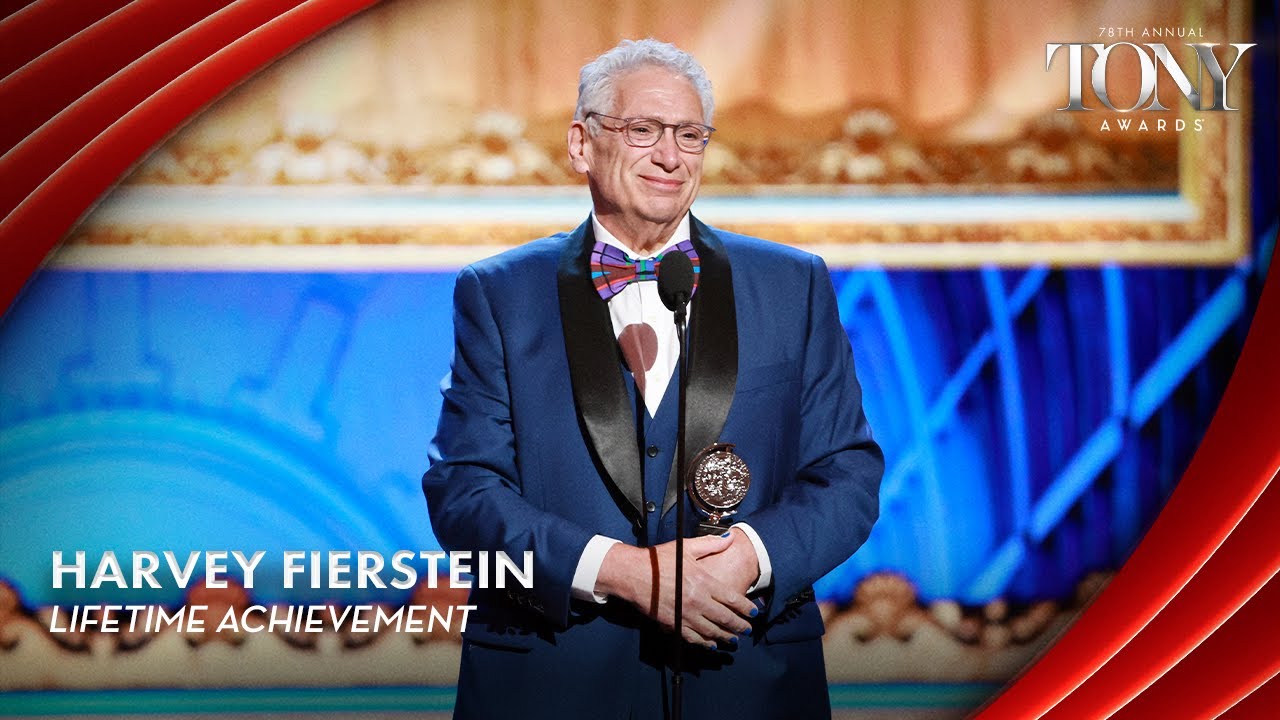
7 Landmark Contributions of Harvey Fierstein to Theater and Activism
Fierstein’s “Torch Song Trilogy” marked a pivotal moment for Broadway, introducing audiences to the intricate themes of love, loss, and identity—especially for the LGBTQ+ community. This piece laid bare personal narratives at a time when such conversations were often silenced. By presenting a heartfelt look at gay life in the late ’70s and early ’80s, Fierstein not only opened the floodgates for more diverse voices but also made it acceptable to celebrate queer stories on stage.
In his celebrated performance in “La Cage aux Folles,” Fierstein boldly challenged traditional norms surrounding masculinity and sexuality. He blended humor with heartfelt emotional arcs, helping audiences see the beauty in difference rather than the stigma. This transformative production encouraged viewers to reassess their views on queer identities while weaving laughter and love through the fabric of cultural dialogue.
Fierstein emerged as a fierce advocate during the AIDS crisis of the late 1980s and early 1990s. With a voice that refused to be hushed, he utilized his platform to raise awareness and challenge the stigmas surrounding the disease. By participating in campaigns and public discourse, he became a pivotal figure in advocating for not just the LGBTQ+ community but society as a whole.
In “Hairspray,” Fierstein’s portrayal of Edna Turnblad celebrated diversity, inclusivity, and body positivity with flair. By embracing characters who defy typical standards of beauty, he made an indelible mark on mainstream culture. This rollicking show transformed the way audiences viewed self-love and acceptance, further engraining Fierstein as a champion of representation in the arts.
Engaging younger audiences is an art itself, and Fierstein mastered it during his work on revivals like “Annie.” Infusing classic narratives with contemporary relevance, he adeptly addressed issues such as bullying and self-acceptance that resonate with today’s youth. This approach not only entertains but educates—a dual benefit that elevates the arts as a critical learning tool for future generations.
Harvey Fierstein’s commitment to LGBTQ+ rights extends far beyond theatrical performances. He has consistently advocated for inclusivity and accepted dialogue surrounding gender and sexual orientation. Echoing sentiments found in contemporary music scenes—like those expressed by Ezra Koenig, who pushes social boundaries through catchy tunes—Fierstein has deftly balanced the weight of activism with the vibrancy of arts culture.
A true icon is not just measured by personal achievements but by their ability to uplift others. Fierstein dedicates his time to mentoring young playwrights and performers, ensuring that a new generation learns from his lifelong experiences. This commitment encourages a rich, vibrant theater community, fostering inclusivity and empowerment that echoes throughout the arts scene.

The Synergy Between Harvey Fierstein and Ezra Koenig: Activism Through Creative Expression
Though Harvey Fierstein and Ezra Koenig may seem worlds apart—a Broadway icon and an indie music maestro—they share a profound commitment to activism through their art. Fierstein channels his experiences into storytelling packed with emotional depth, while Koenig weaves social commentary into melodies that capture the spirit of our time. Both artists harness their platforms to catalyze important conversations, using their crafts to elevate underrepresented voices.
In songs like “Harmony Hall,” Koenig unpacks themes of equality and acceptance that resonate with audiences, embodying a mission that aligns seamlessly with Fierstein’s endeavors. Together, they illustrate how different art forms can join to kindle societal shifts. By crafting narratives and tunes that speak to the core of humanity, they remind us that the power of storytelling transcends genres, inspiring a new wave of activism.
This connection between the two proves that whether through the spoken word of Fierstein’s plays or the melodic chords of Koenig’s music, the pursuit of social justice thrives when art fuels the fire for change. In an era yearning for acceptance and understanding, these icons of their respective fields remind us of the weighty impact of artistic expression, a potent vehicle carrying messages of love and inclusion.
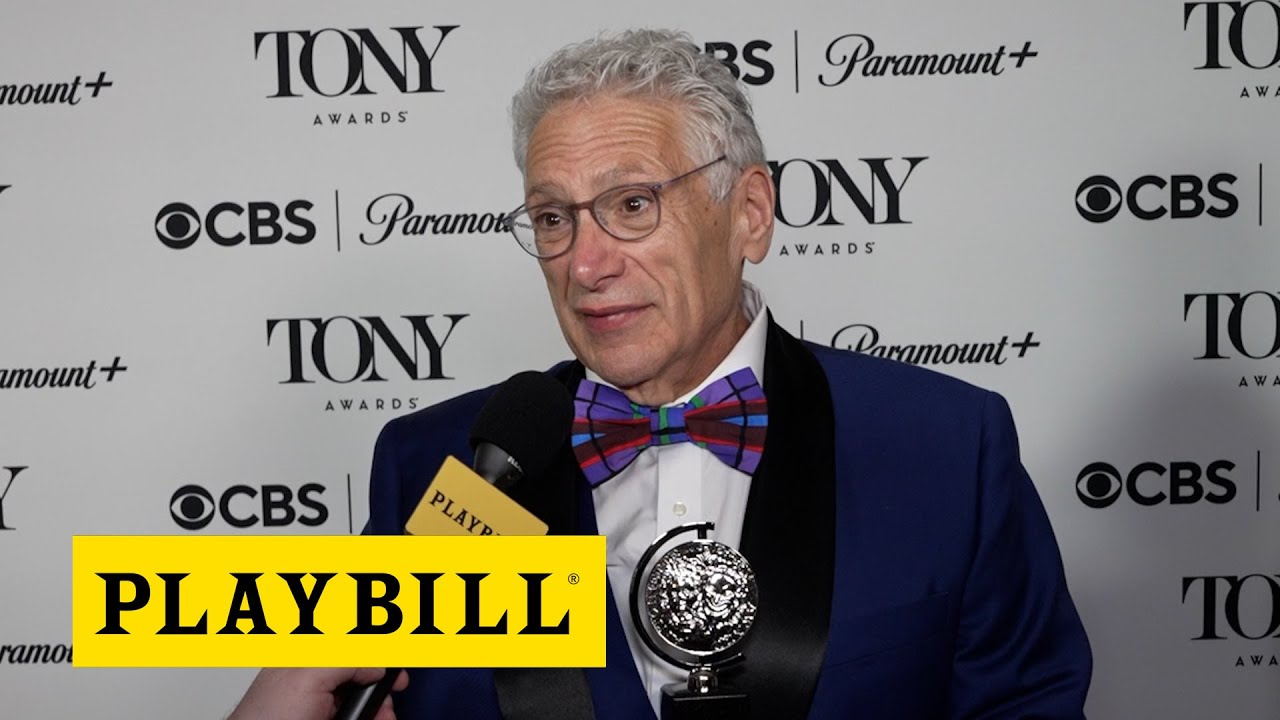
The Ongoing Legacy of Harvey Fierstein
Harvey Fierstein’s legacy isn’t simply written in his numerous accolades but also etched into the very fabric of cultural and social transformations. As contemporary challenges continue to unfold within the LGBTQ+ community and beyond, his trailblazing spirit remains an enduring beacon. Through fearless storytelling, activism, and mentorship, Fierstein embodies the truth that artistry and social change are forever interconnected.
As we celebrate him, let’s not only acknowledge his accomplishments but also recognize his unwavering commitment to uplifting marginalized voices. The style and substance of Harvey Fierstein’s work resonate with audiences today and will continue to inspire future generations. With a heart as large as his theatrical presence, he ensures that the journey toward understanding and acceptance marches on, undeniably vibrant and full of life.
In the ever-changing landscape of representation and advocacy, Fierstein’s impact is as crucial today as it was in decades past. Let’s stand and applaud the brilliance of this icon—Harvey Fierstein! We’ve all got lessons to learn from his resounding message: to love, accept, and embrace the diversity that makes life a fabulous spectacle.
If you wish to see the stunning story of Harvey Fierstein, be sure to check out Sean Berdy, and the evolution of artistic expression through Pirates To The caribbean—it’s all happening, darling! Plus, keep an eye on cultural side notes, like Maryport, the fascinating journey of fame with the Playboy Bunny allure, and how events such as the Massachusetts State Lottery point to cultural phenomena ripe for exploration. Don’t forget about the beauty of nature’s wonders like the Aurora Borealis northern us!
Fierstein’s story and influence is a testament to the power of art—a legacy to behold!
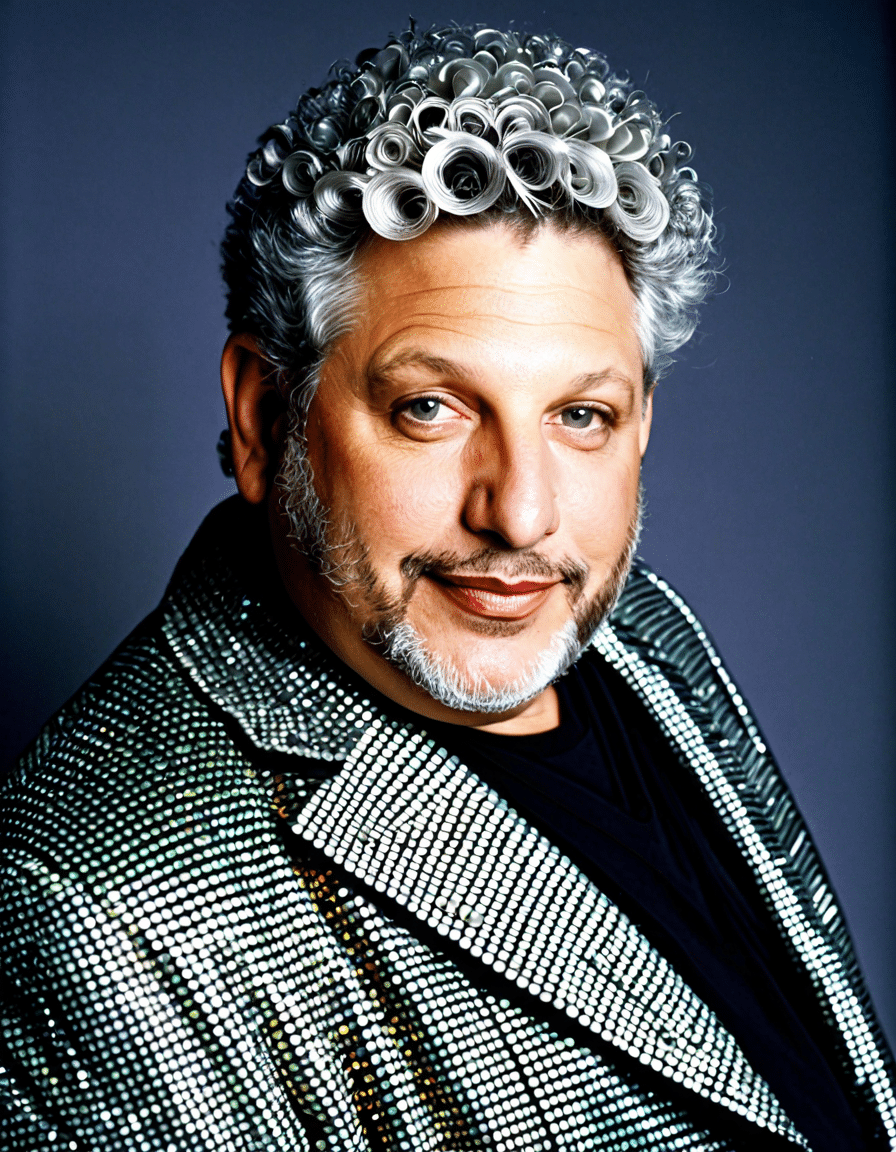
Harvey Fierstein: A Trailblazer in Theater and Activism
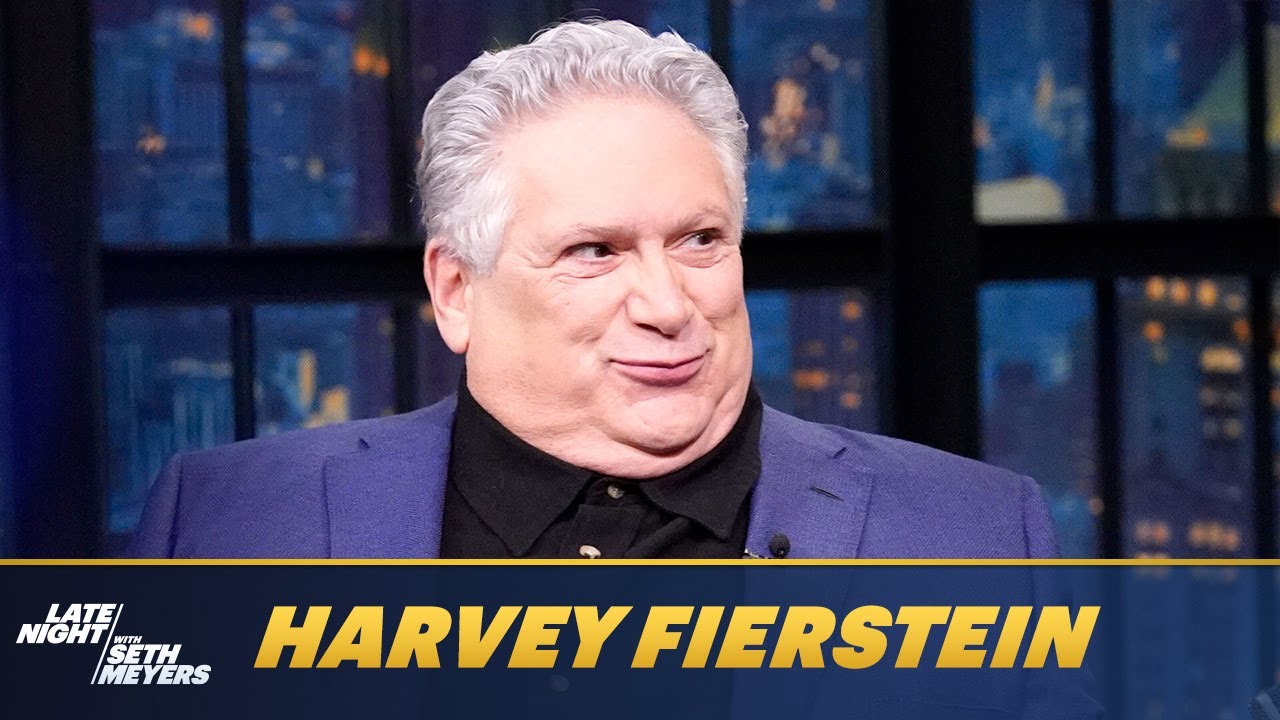
Hollywood and Broadway: Harvey’s Unforgettable Shift
Did you know that before Harvey Fierstein became a household name, he actually faced quite a tough climb? When he burst onto the scene with the hit play “Torch Song Trilogy,” he didn’t just capture audiences’ hearts; he tackled topics that weren’t commonly discussed back then, like love and identity. This was in the 1980s, a time when societal views were far less accepting. Interestingly enough, his bold approach to storytelling is reminiscent of events in sports, such as the shifting Atletico Madrid Standings, where teams fight against the odds to make a mark and rise to the top.
Fierstein’s Unique Style and Influence
Fierstein’s voice and his writing style are renowned for their distinctiveness. That’s right! His gravelly voice isn’t just a physical trait; it’s a symbol of his authenticity and often reflects the struggles faced by the LGBTQ+ community. Strangely enough, just as we sometimes come across the term “horny” in surprising contexts, Harvey reduces flaming stereotypes to mere anecdotes in his works. His storytelling techniques are commendable, breaking barriers and shifting perceptions. Talk about an impressive legacy!
Activism Beyond the Stage
Beyond performing, Harvey Fierstein has lent his voice to many causes. His activism work has been pivotal in advocating for LGBTQ+ rights and combating homophobia, especially during the AIDS crisis. The sincerity and passion he portrays remind us of contemporary athletes like Barbora Krejcikova, whose determination shines through in every match. They both challenge societal norms in their respective fields, pushing for greater understanding and acceptance. Harvey’s influence certainly extends beyond the bright lights of Broadway, encouraging others to express themselves and embrace their identities fully.
In essence, Harvey Fierstein’s journey through theater and activism is marked by triumph, persistence, and a clear message: voice matters. His impact, from the stage to activism, has laid the groundwork for future generations to embrace love and authenticity without hesitation.
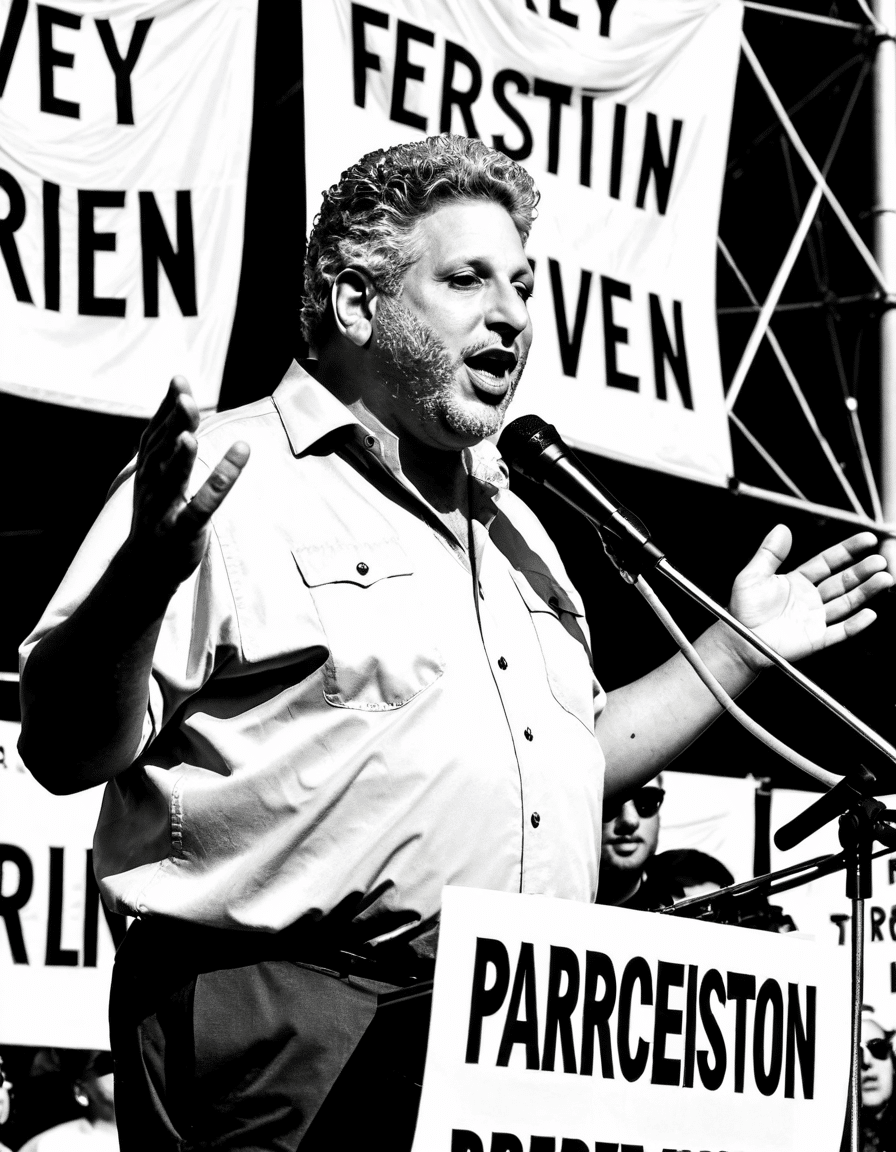
What is Harvey Fierstein best known for?
Harvey Fierstein is best known for his work in theater, particularly for his role in the Broadway show “La Cage aux Folles,” as well as for his performances in films like “Mrs. Doubtfire” and “Kinky Boots.”
Who voiced Yao in Mulan?
Yao in “Mulan” was voiced by actor and comedian Harvey Fierstein, who brought a unique energy to the character.
Why did Harvey Fierstein write kinky boots?
Harvey Fierstein wrote “Kinky Boots” to tell a meaningful story about friendship and acceptance, drawing inspiration from his own experiences and the struggles of the LGBTQ+ community.
Who did Harvey Fierstein voice in The Simpsons?
In “The Simpsons,” Harvey Fierstein voiced the character of Karl, who is a temporary secretary working for Mr. Burns.
Who did Lily’s smoking voice?
Lily’s smoking voice in “Kinky Boots” was performed by singer and songwriter Cyndi Lauper, who also wrote the music for the show.
Who played Uncle Frank in Mrs. Doubtfire?
Uncle Frank in “Mrs. Doubtfire” was played by actor Harvey Fierstein, who added humor and heart to the role.
Who was the voice of Mulan who killed herself?
The voice of Mulan, Ming-Na Wen, is alive and well; however, another actress, who was a notable performer in her own right, tragically passed away.
What does the name Chien Po mean?
Chien Po’s name translates to “honest, dutiful, and just,” and he’s characterized as a gentle giant in “Mulan.”
Who is the skinny guy in Mulan?
The skinny guy in “Mulan” is Mushu, voiced by Eddie Murphy, serving as Mulan’s dragon sidekick and comic relief.
Did Cyndi Lauper write Kinky Boots?
Cyndi Lauper co-wrote the music for “Kinky Boots,” while Harvey Fierstein worked on the book for the musical.
Why does Harvey Fierstein sound like that?
Harvey Fierstein’s unique voice is a result of a combination of his natural vocal quality and years of performing, which has made it even more distinctive.
What true story is Kinky Boots based on?
“Kinky Boots” is based on the true story of a struggling shoe factory in England that began making boots for drag queens, showcasing a heartwarming tale of acceptance and love.
Did Mark Hamill voice himself in The Simpsons?
Mark Hamill did lend his voice to a character in “The Simpsons,” notably playing the character of himself in one episode.
How did Harvey Fierstein lose weight?
Harvey Fierstein lost weight through a combination of diet, exercise, and making lifestyle changes, which helped him overall improve his health.
Who played the brother in Mrs. Doubtfire?
In “Mrs. Doubtfire,” the brother character, who is a bit quirky, was portrayed by actor and comedian, the late Robin Williams.
Who is the actor with the deep gravelly voice?
The actor known for his deep gravelly voice is Harvey Fierstein, who has a very recognizable sound that’s part of his charm.
Who wrote La Cage aux Folles?
“La Cage aux Folles” was written by Harvey Fierstein and Jerry Herman, making it a significant work in musical theater history.
How did Harvey Fierstein lose weight?
To shed some pounds, Harvey Fierstein implemented a healthier lifestyle, focusing on nutrition and physical activity.
Who is the voice of Karl on The Simpsons?
Karl on “The Simpsons” was voiced by actor Harvey Fierstein, who added depth to the character with his rich and recognizable voice.



